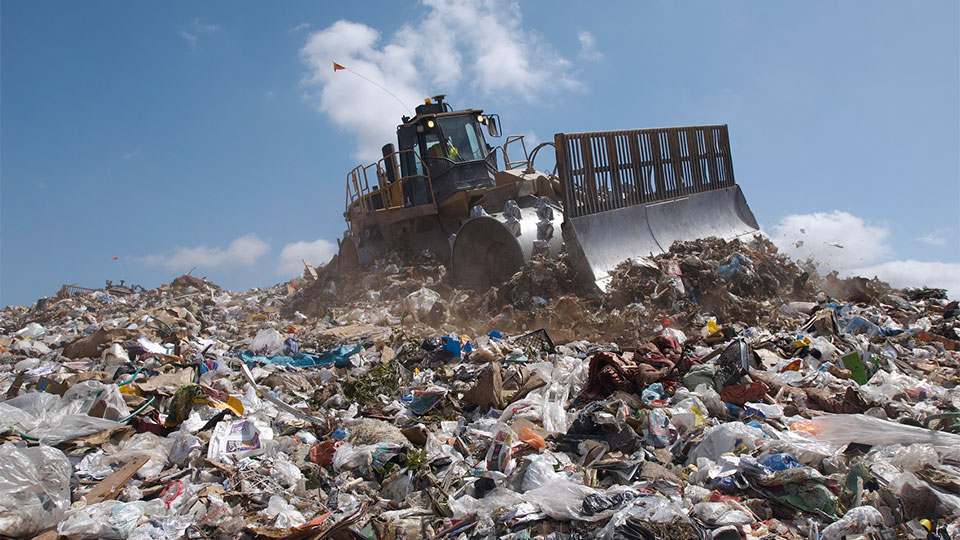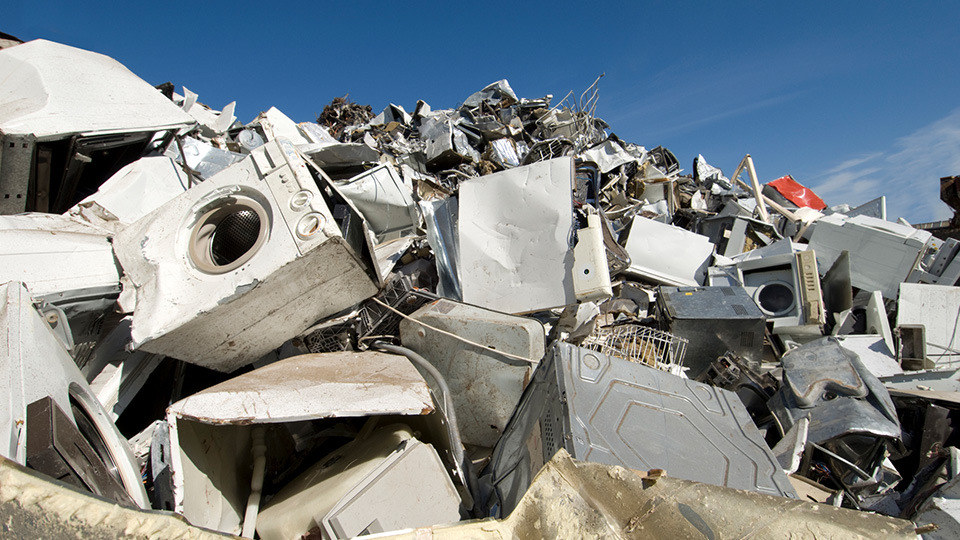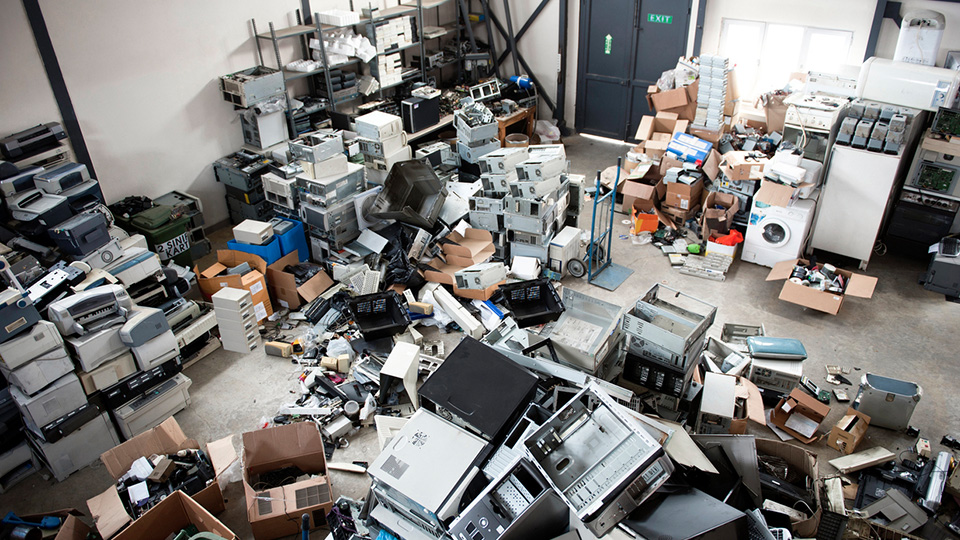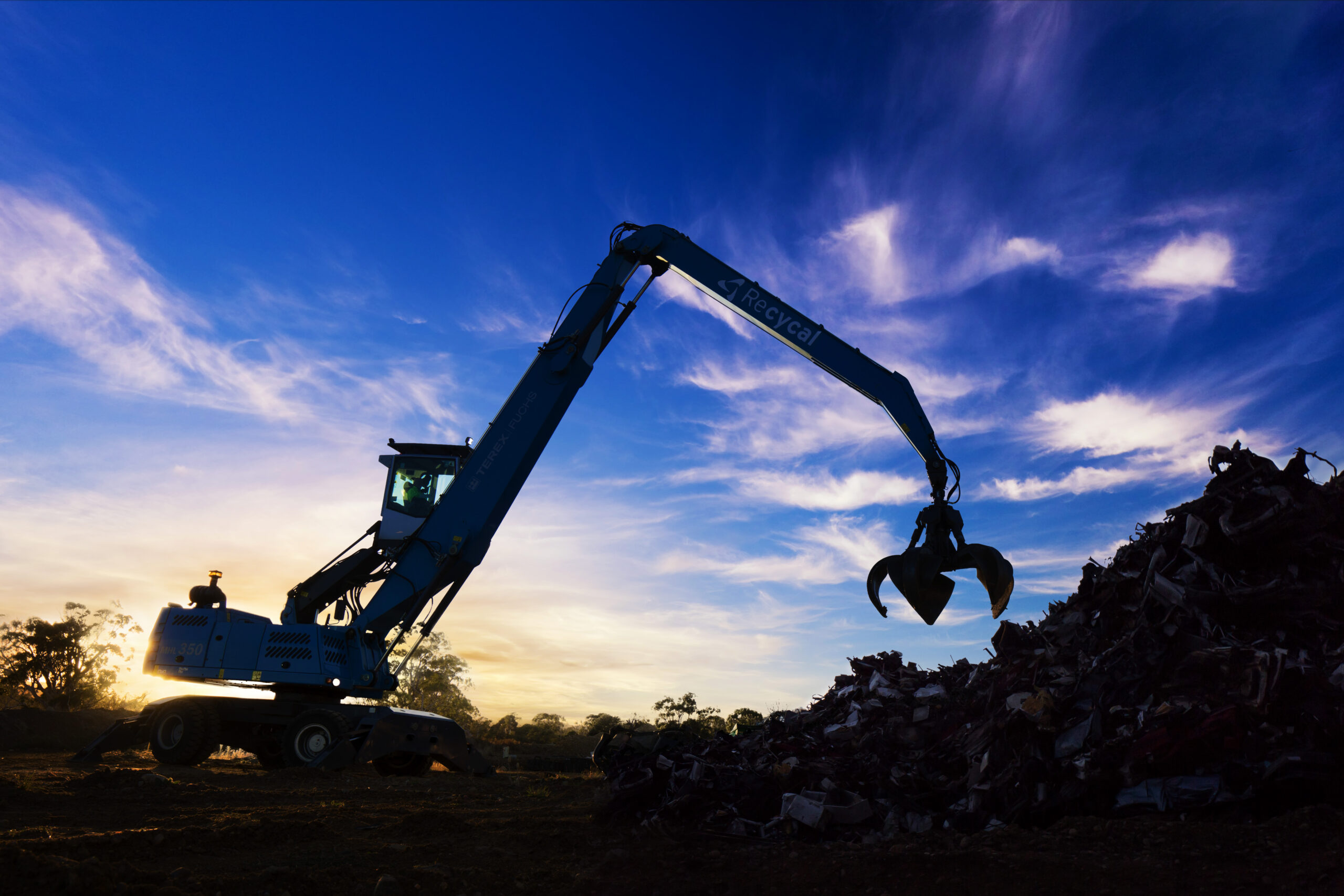Owing to the mercury content, the Environment Protection Agency Victoria (EPAV) defines used dental amalgam waste as prescribed industrial waste (PIW), with the waste code D121 (Equipment and Articles containing mercury). This must be disposed of at waste facilities holding the appropriate EPA licence.
What should happen? What does happen?
Dental amalgam must be collected in compliant separators and disposed of to a facility that holds an EPA licence to be retained and recycled.
Amalgam fillings remain a major source of mercury entering our waterways . Just 1 gram can contaminate 1,000,000,000 litres of water. This pollution can be easily avoided and it’s the responsibility of industry participants to address the issue by adhering to strict EPA regulations.
Making it simple
Ecocycle makes it easy for dentists to comply with EPA requirements, not just in Victoria but right around Australia. In addition to providing simple collection and recycling services for amalgam cups and separators, we also process lead tabs, X-ray films and chemicals.
Most importantly, all the mercury we collect is safely recycled in our EPA-licenced facilities.
The disposal of mercury is facing ever-tighter regulation and monitoring of compliance and with this comes a heightened need for the industry to implement appropriate processes.
Find out how easy it is to recycle your dental waste. Either fill in the form below or call us on 1300 32 62 92 to speak with one of our mercury recycling specialists.






